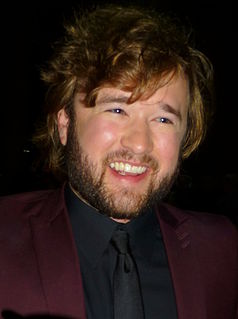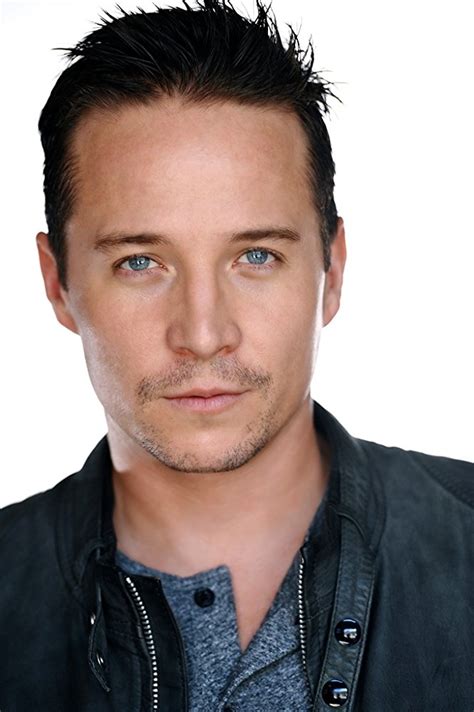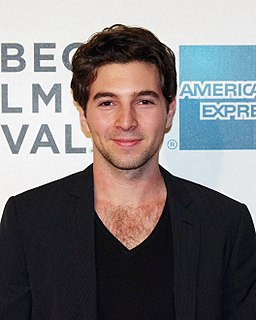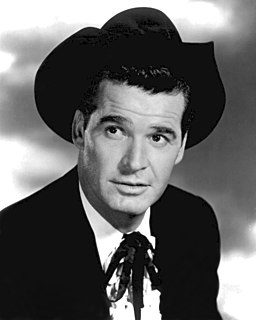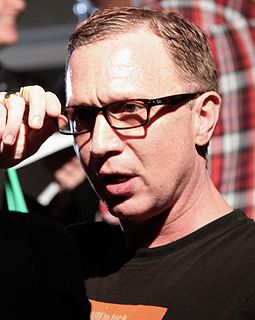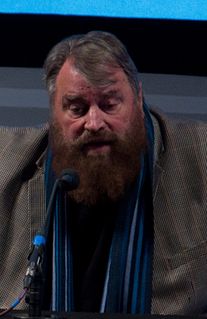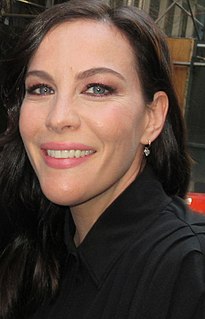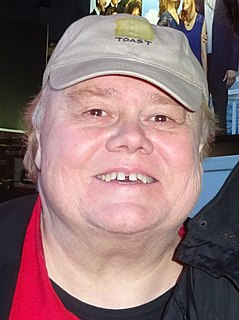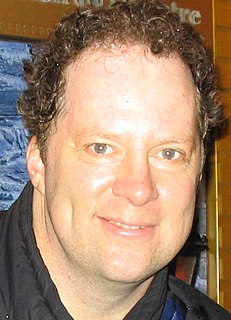A Quote by Haley Joel Osment
There's so much to learn about acting and performance in general... I mean, acting is a very complex art, and there are a lot more theories and methods and techniques to it than I think anybody would think.
Related Quotes
Anytime I get an acting role, I find a way to learn about something new, or heal a part of my life that I didn't know was hurting. I think anybody could benefit from taking acting classes. You don't necessarily have to want to be an actor or pursue the acting business. But just taking an acting class, you're going to learn so much about life and what it's like to walk in somebody else's shoes. It helps you stop judging people. It does something to you where you become empathetic to people's plights and journeys, and it makes you a little more understanding and caring.
I trained at the Lee Strasberg Institute at Tisch, which is a huge foundation for young actors. They teach you their methods and give you the sense that acting is much more tangible than most people think. I think there's a mysticism of what acting is, in the fact that it's this ungraspable, spur-of-the-moment thing that nobody can understand.
My education was a huge influence. I trained at the Lee Strasberg Institute at Tisch, which is a huge foundation for young actors. They teach you their methods, and give you the sense that acting is much more tangible than most people think. I think there's a mysticism of what acting is, in the fact that it's this ungraspable, spur-of-the-moment thing that nobody can understand.
I have the confidence that I can take anybody and have them give a good performance, because I don't think there's anything to acting except expressing, being able to converse. So if I can just convince somebody not to clean themselves up, and not to be someone that they're not, and just be what they are in given circumstances, that's all that acting is to me, and I don't think it's very difficult.
Of course, you can never watch something like somebody else watches something like you, but nonetheless, you have to try. So I think on camera you learn a lot about how much the camera does for you, which is what is the great luxury of movie acting. Or acting whether it's TV or movies or whatever it is, that the camera's really such a gift because there's so much that it sees and does if you're willing to just be open and expose yourself and all of that. So you also learn what doesn't matter. And sometimes when you think about things, you think things matter that don't matter.
I just think it's really funny and entertaining. I mean, I don't necessarily take them really seriously - I don't even think a lot of really good films get seen. But I don't think that's what it's about. I mean, how amazing was Ellen Burstyn in Requiem For A Dream ? Especially as she was acting with herself most of the time. I don't understand how a performance like that can't win. I was so affected by that movie that I had to turn it off. I felt as if I was on drugs and my heart was about to leap out of my body.
Acting became important. It became an art that belonged to the actor, not to the director or producer, or the man whose money had bought the studio. It was an art that transformed you into somebody else, that increased your life and mind. I had always loved acting and tried hard to learn it. But with Michael Chekhov, acting became more than a profession to me. It became a sort of religion.
It's really up to the acting community to be willing to be educated about what performance capture is in order to fully appreciate it as acting. It's not a type of acting, but rather the use of technology to harness an actor's performance and translate it into an ape, another animal, or an avatar of some kind.
We have so much access to one another through technology and everything else, that we're very much used to people being real. When folks go on TV and they're basically acting - if they were good actors they'd be acting and paid for it for a living, but they're not good actors. When we see bad acting, it doesn't look like bad acting, it looks weird, and we are turned off by it. I'm not talking about anybody in particular, that's just politics right now. This generation, I feel like, has incredible bullshit detectors.
You've never heard me talk about politics all that much, and it's just - I can't think of anybody more dangerous as president than Donald Trump. I can't think of anything worse than with him not having a clue. I mean, could you imagine somebody who doesn't read and doesn't learn trying to deal with the day-to-day changes and challenges of that job?
